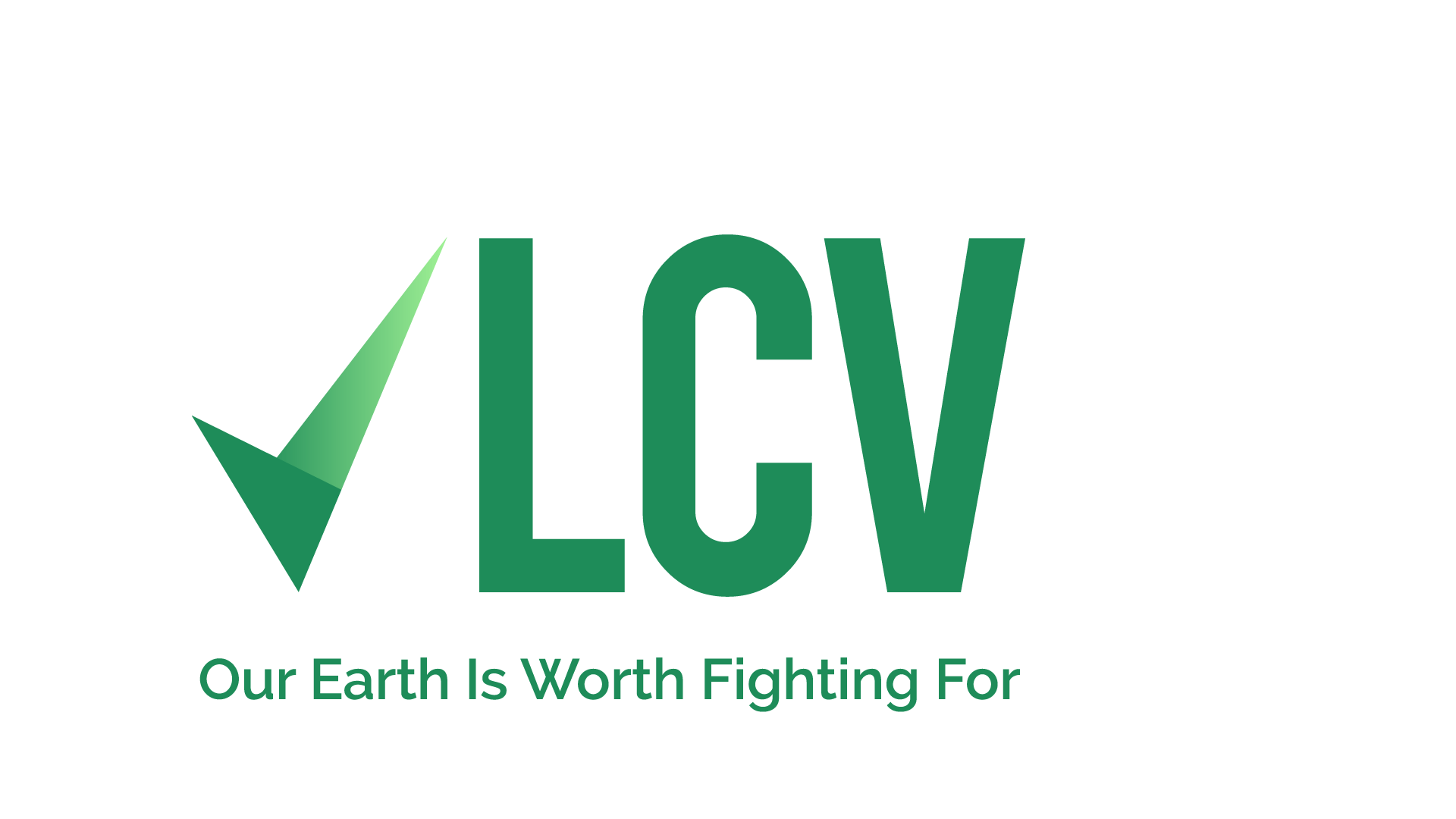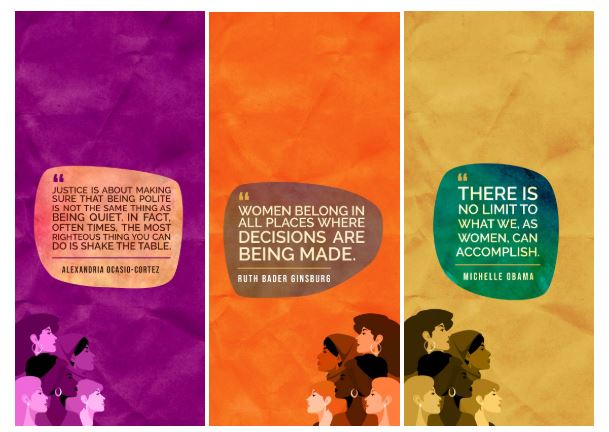|
Hi friend,
Before we share with you our celebration email for Women's History Month, in light of the recent misogynistic, anti-Asian attacks in Atlanta and the rise in anti-Asian hate crimes during the COVID-19 pandemic, we want to take a moment to grieve with and support the Asian American community. The killing of six Asian women in Atlanta is the culmination of 150+ years of anti-Asian xenophobia and racism — which Donald Trump stoked over the last year — and deeply intertwined misogyny. Across the country, there have been more than 3,700 anti-Asian hate crimes over the last year, with women reporting hate incidents 2.3 times more than men. For more information on how to support AAPI communities, #StopAsianHate, and be an ally in this fight, please check out these resources and consider donating to frontline community organizations today: Georgia: Asian Americans Advancing Justice Atlanta National: StopAAPIHate Asian Pacific American Labor Alliance To our Asian community members — we are here for you. |
||
 |
||
|
Friend,
What do the climate crisis and the COVID-19 pandemic have in common? They both disproportionately impact women, especially women of color. Throughout the course of the pandemic women have left the workforce in alarming numbers and have lost an average of 5.4 million jobs in the United States — 1 million more than their male counterparts. And, women of color are being hit the hardest by the pandemic and by the effects of climate change. In December of 2020, women of color accounted for ALL of the recorded job losses, and 154,000 Black women left the labor force entirely. Women are expected to balance careers and provide financially while also being the dominant caretakers of children and family at home. In many communities, especially rural communities and communities of color, this caretaking means tending to the home, looking after children, assisting aging family members, acquiring resources for the family, and providing emotional support. Similarly, many social, economic, and cultural inequities make women more likely to absorb the very real impacts of climate change. For example, women are more likely than men to face economic insecurity, and people living in poverty are exposed to climate disasters at a greater rate. Women have less access to civic rights and land acquisition opportunities, are less often in decision-making positions, are more often primary caretakers, and face systematic violence in every institution. And, the ever-worsening effects of climate change — drought, fires, natural disasters, food shortages — make women's role as caretakers increasingly more difficult This is why solutions to both the climate crisis and the COVID-19 pandemic need to not only center and uplift women, but must be made by them! Existing policy and infrastructure must shift to support and elevate women and mothers, and change the culture of caretaking in our country. Creating a world that works for women is imperative to an equitable, sustainable future. Women are resilient changemakers who shape the face of policy and progress across the globe. Even during a global pandemic, 2020 became a record year of firsts for the United States, with Kamala Harris becoming the first Black and South Asian woman to be elected as vice president, Deb Haaland becoming the first Indigenous cabinet secretary, Katherine Tai becoming the first woman of color and first Asian American serving as US trade representative, and many more amazing women taking their place in our government. Women are the past, present, and future of the world. As a token of our gratitude and appreciation, we created these Zoom Backgrounds and Mobile Backgrounds to celebrate all of the amazing women in our lives. Please download and share them near and far!  Download here » Download here »It's on all of us to build a more equitable and safer planet — and that means centering women, especially women of color. We must also choose to confront sexism, dismantle the patriarchy, and challenge white supremacy, every day. Here's to the progress that we've made and to the fight ahead! In Solidarity, The Women of LCV |
||
| This email was sent to [email protected]. If this isn't the best email address at which to reach you, update your contact information. Click here to unsubscribe from our supporter list. Send us any comments, criticisms, or feedback here, or just reply to this email! Thanks for your support. 740 15th St NW, 7th Floor Washington, DC xxxxxx 202-785-8683 |
||